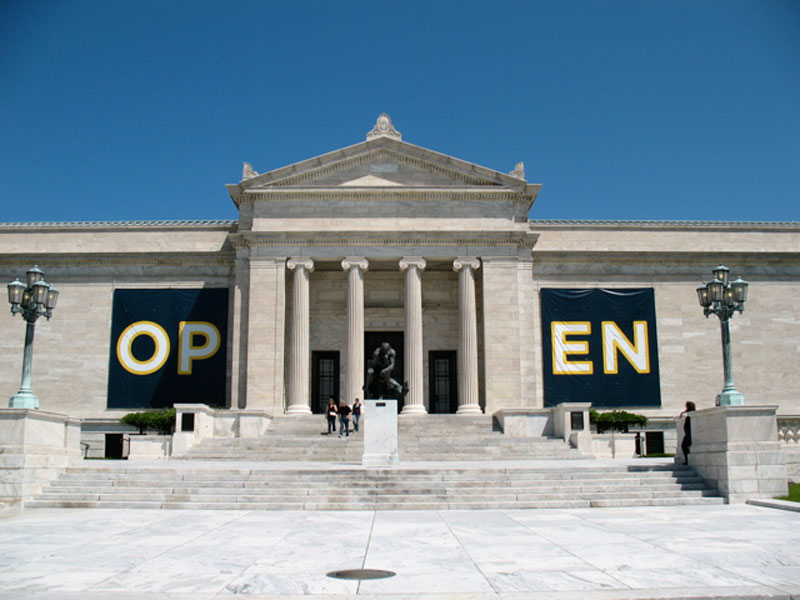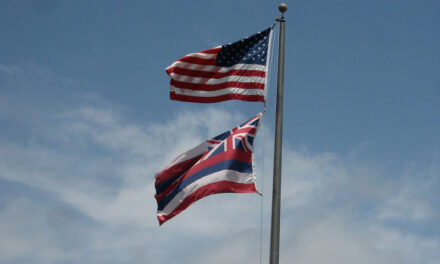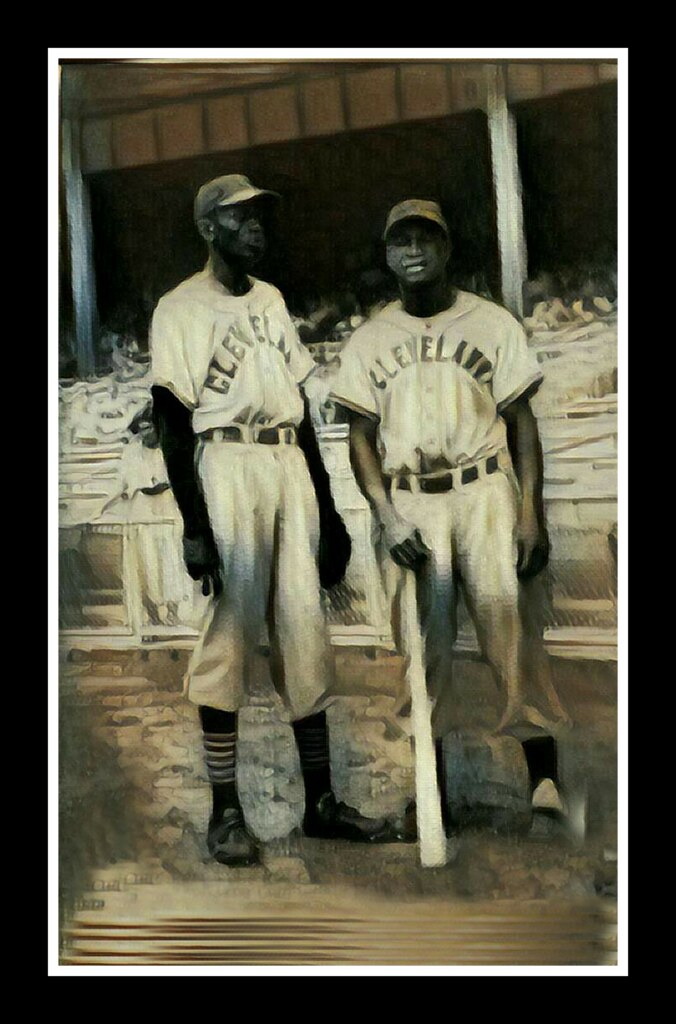CLEVELAND HISTORY
First Group Plan Commission Meeting (December 30, 1903): This is correct. The Group Plan was a visionary urban design that significantly influenced the development of downtown Cleveland, establishing a unified architectural vision that remains influential today.
Opening of the West Side Market (December 31, 1912): Accurate. The West Side Market is one of Cleveland’s most cherished landmarks, providing a vibrant marketplace that reflects the city’s cultural diversity and culinary richness.
Cleveland Grand Opera Company’s Inaugural Performance (January 1, 1932): This event marked an important development in Cleveland’s cultural scene, establishing the city as a hub for opera and classical music performances.
Groundbreaking for the NASA John H. Glenn Research Center (January 2, 1941): This is correct. The center was pivotal in advancing aviation technology and later contributed significantly to space exploration, underlining Cleveland’s role in national scientific endeavors.
Cleveland Museum of Art Announces Major Expansion (January 5, 2005): This event is accurately dated and highlights the museum’s commitment to enhancing its infrastructure and accessibility, reinforcing its status as a premier art institution.
WORLD HISTORY
Formation of the Soviet Union (December 30, 1922): The Union of Soviet Socialist Republics (USSR) was formally established, uniting Russia with several neighboring countries under a communist government based on the ideology of Marxism-Leninism. This union transformed the political landscape of the 20th century, impacting global politics, economics, and military alignments, and setting the stage for the ideological clash of the Cold War.
Control of the Panama Canal (December 31, 1999): The Panama Canal, a crucial conduit for maritime trade between the Atlantic and Pacific oceans, was officially handed over by the United States to Panama. This transfer was a fulfillment of the Torrijos-Carter Treaties and represented a significant shift in U.S. foreign policy, empowering Panama with full sovereignty over the canal and boosting its economic independence.
Haitian Independence (January 1, 1804): Haiti declared independence from France after a successful slave rebellion led by François-Dominique Toussaint Louverture, Jean-Jacques Dessalines, and others. This landmark event established Haiti as the first black republic and the second independent nation in the Americas, challenging long-standing racial hierarchies and inspiring independence movements across the colonial world.
The Fall of Granada (January 2, 1492): The conquest of Granada by Spanish Catholic Monarchs Ferdinand and Isabella concluded the Reconquista, a centuries-long effort to reclaim Spanish territories from Moorish rulers. This victory not only unified Spain under Christian rule but also paved the way for Spanish expansion across the Atlantic, including the subsequent voyage of Christopher Columbus later that year.
The Dreyfus Affair (January 5, 1895): Captain Alfred Dreyfus, a Jewish officer in the French Army, was wrongfully convicted of treason and publicly humiliated in a ceremony stripping him of his military honors. The Dreyfus Affair deeply divided French society and highlighted the pervasive antisemitism and injustice within the French military and judicial system. It sparked widespread public debate and led to significant reforms in French law and society.







